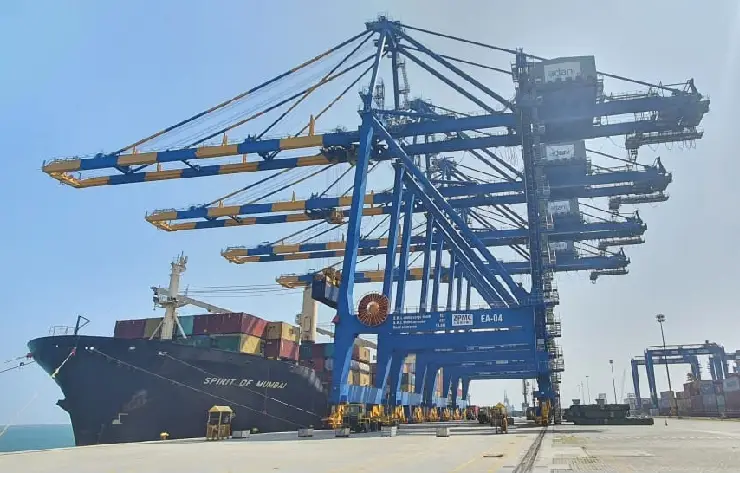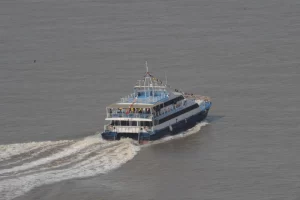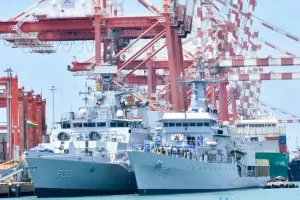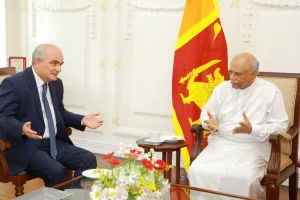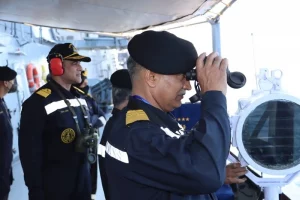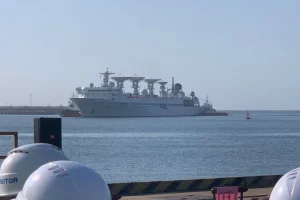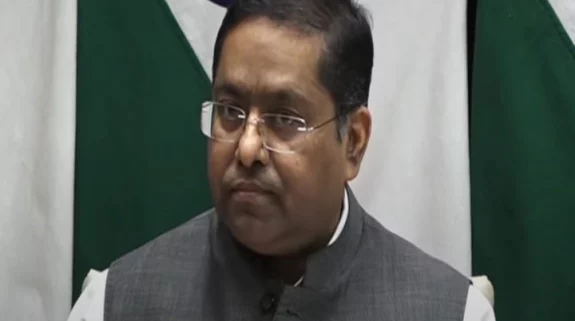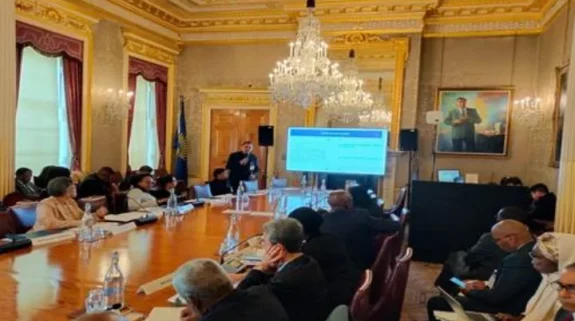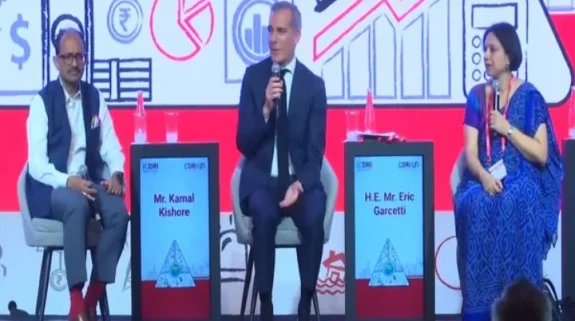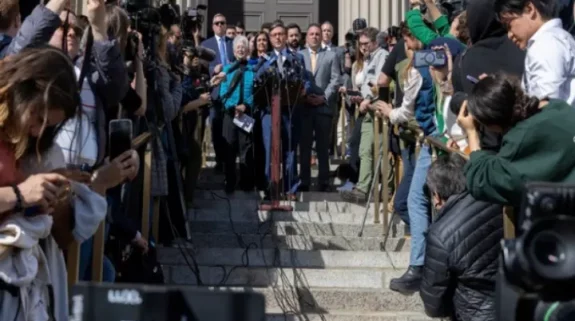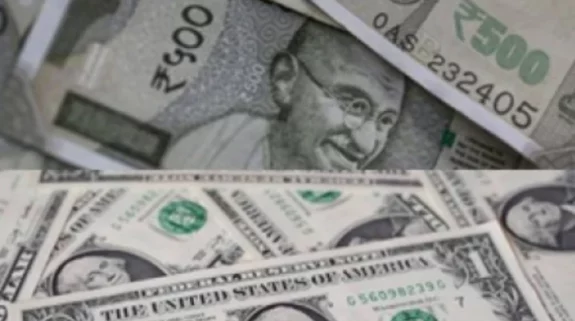India's Adani Group entered into a $700 million deal with the state-owned Sri Lanka Ports Authority (SLPA) to build and run the strategic Colombo Port's Western Container Terminal (WCT).
The Adani Group will have a 51 per cent stake in the WCT which will be executed under a build-operate-transfer (BOT) agreement. Local partner John Keells Holdings will hold 34 per cent while the SLPA will have 15 per cent.
According to a statement by the SLPA, the venture will be called West Container International Terminal (WICT).
The island nation occupies a strategic shipping location in the Indian Ocean as it is sandwiched between the two major shipping routes hubs of Dubai and Singapore.
The Colombo Port is considered to be a regional hub for the movement of Indian containers and mainline ship operators with 45 per cent of Colombo's transhipment volumes originating from or destined to an Adani Ports and Special Economic Zone (APSEZ) terminal in India.
Colombo Port City: Why should India be worried?
Sri Lankans file over a dozen cases against China-backed Colombo Port City
India abstains on UNHRC resolution balancing interests of ethnic Tamils and Sri Lanka
The deal will allow India to counter the influence that China has on the current regime led by the Rajapaksa brothers. China already has taken the Hambantota Port, located in the south, on a hundred-year lease after Colombo could not pay off Chinese debt.
The WICT jetty will be 1.4 km in length, with a depth of 20 metres and an annual capacity to handle 3.2 million containers. The first phase will see completion of a 600-metre terminal within two years.
Sri Lanka will get back the terminal after 35 years of operations by the consortium.
India had been in talks for a strategic foothold in the port along with Japan for many years. However, due to local politics and Chinese influence Colombo cancelled the MoU that had been signed by the previous government in 2019. In February, Sri Lanka eventually decided to keep both India and Japan out of the Eastern Container Terminal completely.
Under pressure from trade unions, Prime Minister Mahinda Rajapaksa agreed to scrap the deal, prompting India to demand Sri Lanka to abide by its commitment to the trilateral deal with it and Japan.
Both India and Japan found fault with Sri Lanka for reneging on an international agreement unilaterally. Japan had also conveyed its unhappiness to the Sri Lankan government for going back on the international agreement unilaterally.
However, weeks later Colombo offered an olive branch to India by asking it to build a new terminal next to the Chinese-operated Colombo International Container Terminal.
India and Japan are collectively trying to blunt the Chinese outreach in Sri Lanka and other nations. Japan also has been focusing on Myanmar with support from India to thwart Beijing's domination through its Belt and Road Initiative (BRI).
Both countries are also part of the four-member Quadrilateral coalition with the US and Australia to counterbalance China in the Indo-Pacific region.






